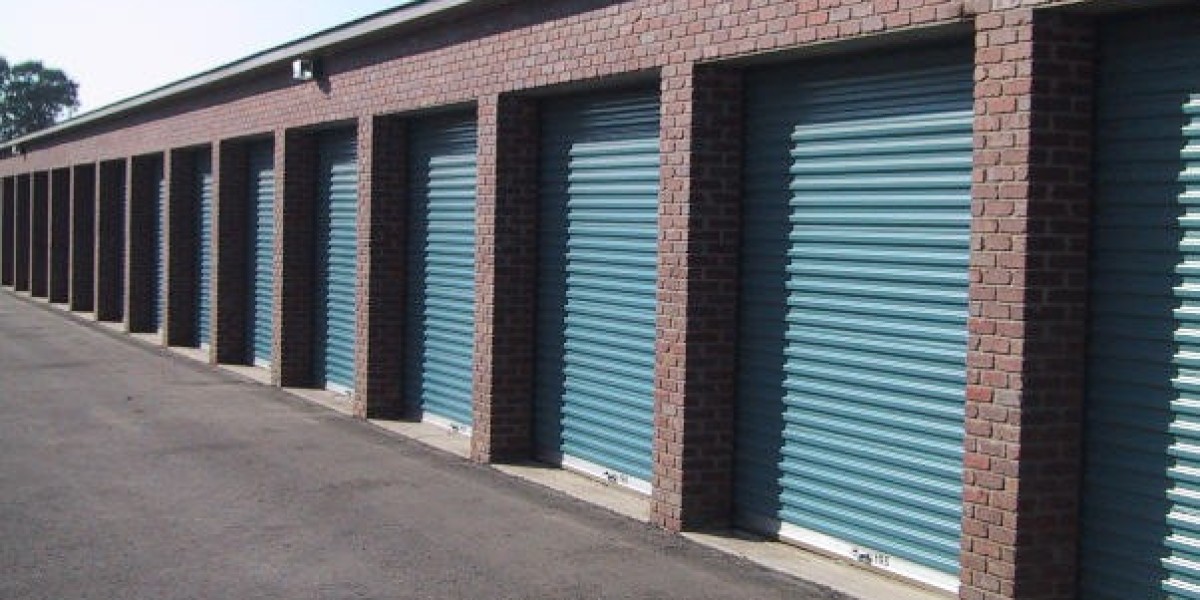When you're deep in the wild with nothing but trees, stars, and silence around you, the last thing you want is to realize you forgot your emergency gear. Whether you're an experienced trekker or just starting out, having the right camping equipment for emergencies can mean the difference between a minor inconvenience and a major crisis.
Many campers focus solely on comfort items—like cozy tents or gourmet cook sets—but emergency camping equipment should be at the core of every backpack. This guide will help you understand what essentials to pack, why they matter, and how they can help you stay safe on any adventure.
Why Emergency Camping Equipment Matters
Nature is unpredictable. A sudden thunderstorm, wild animal encounter, or injury on a trail can throw your perfect weekend into disarray. That’s where emergency camping equipment steps in.
This gear is specifically designed to support survival in unexpected conditions. It helps you navigate rough terrain, stay warm, call for help, and keep yourself nourished until you're back in a safe place.
1. First Aid Kit – Your Lifeline in the Wild
A compact but comprehensive first aid kit should be a non-negotiable part of your camping equipment. Include items like adhesive bandages, antiseptic wipes, gauze, pain relievers, tweezers, and any personal medications.
Tip: Choose a waterproof container to keep supplies dry and ready.
2. Emergency Shelter – Instant Protection
Even if you have a tent, packing a lightweight emergency bivvy bag or thermal blanket is a smart move. These items offer instant shelter and warmth in case your main tent gets damaged or you get stranded away from your campsite.
Emergency shelters are among the most underrated pieces of camping equipment, especially in cold or wet climates.
3. Fire Starters – Heat, Light & Hope
Matches can fail, and lighters run out. Always carry multiple fire-starting tools such as a ferro rod, magnesium striker, or waterproof matches. Fire not only keeps you warm but also helps with cooking, deterring animals, and signaling for help.
Never underestimate the importance of fire-starting gear in your emergency camping equipment list.
4. Water Filtration – Life in a Bottle
Clean drinking water is crucial in survival situations. A small water filter, purification tablets, or UV purifiers are lightweight and can be lifesavers.
Since water is non-negotiable, this type of camping equipment is essential regardless of how short or long your trip is.
5. Flashlight or Headlamp – Don’t Be Left in the Dark
In the wilderness, darkness falls quickly. A strong LED headlamp or flashlight ensures visibility and safety. Choose gear that is battery-efficient or solar-rechargeable.
This isn’t just useful—this piece of camping equipment is critical when navigating at night or signaling for help.
6. Multi-Tool – Versatility in Your Pocket
A quality multi-tool combines several survival tools in one—knife, can opener, pliers, screwdriver, and more. From cutting rope to fixing gear, a multi-tool is a small but mighty piece of camping equipment that you’ll rely on more than you expect.
7. Emergency Whistle – Small but Loud
If you’re lost, injured, or need to draw attention, a high-decibel emergency whistle can be more effective than shouting. It's one of the simplest and most important additions to your emergency camping equipment kit.
8. Paracord – The Survival String
Paracord is the duct tape of outdoor life. It can be used for tying shelters, fixing backpacks, hanging food away from animals, or even as a tourniquet in emergencies.
This low-cost, high-value camping equipment item deserves a permanent place in your pack.
9. Navigation Tools – Stay on Track
A GPS device, compass, or topographic map is a vital backup if your phone loses signal or battery. These classic navigation aids are foolproof and still relevant pieces of camping equipment even in the tech era.
10. Signal Mirror – Visibility from Afar
A signal mirror can reflect sunlight up to miles away, alerting search teams to your location. While it may seem outdated, this is still one of the smartest pieces of emergency camping equipment you can carry.
11. Emergency Food Rations – Fuel for Survival
Energy bars, freeze-dried meals, or MREs (Meals Ready-to-Eat) with a long shelf life ensure you stay nourished if you’re delayed or lost. Always keep a day or two worth of emergency food in your camping equipment.
12. Backup Power Bank – Keep Your Lifeline Charged
A solar-powered or rugged portable charger can keep your phone or GPS device alive long enough to get help. Include this in your camping equipment especially if you rely on digital maps or weather alerts.
13. Duct Tape – Quick Fix for Anything
A roll of duct tape can fix a torn tent, broken shoe, or even serve as a bandage in a pinch. It’s cheap, lightweight, and insanely useful camping equipment.
14. Bug Protection – More than Just Comfort
Mosquitoes and ticks are more than annoying—they can carry disease. Include insect repellent or bug-netting in your emergency camping equipment, especially in warmer areas.
15. Emergency Contact Info – Smart Planning
Print out or write down emergency contact numbers, local ranger stations, and your medical info. Keep it sealed in a waterproof bag. It might not sound like typical camping equipment, but it’s just as important.
Final Thoughts
Being ready doesn’t mean overpacking. It means packing smart.
Emergency camping equipment doesn’t just help in survival situations—it gives you peace of mind so you can truly enjoy the beauty of the outdoors. Before heading out on your next adventure, go through this list and check your gear. Preparedness isn't about fear—it's about freedom.



